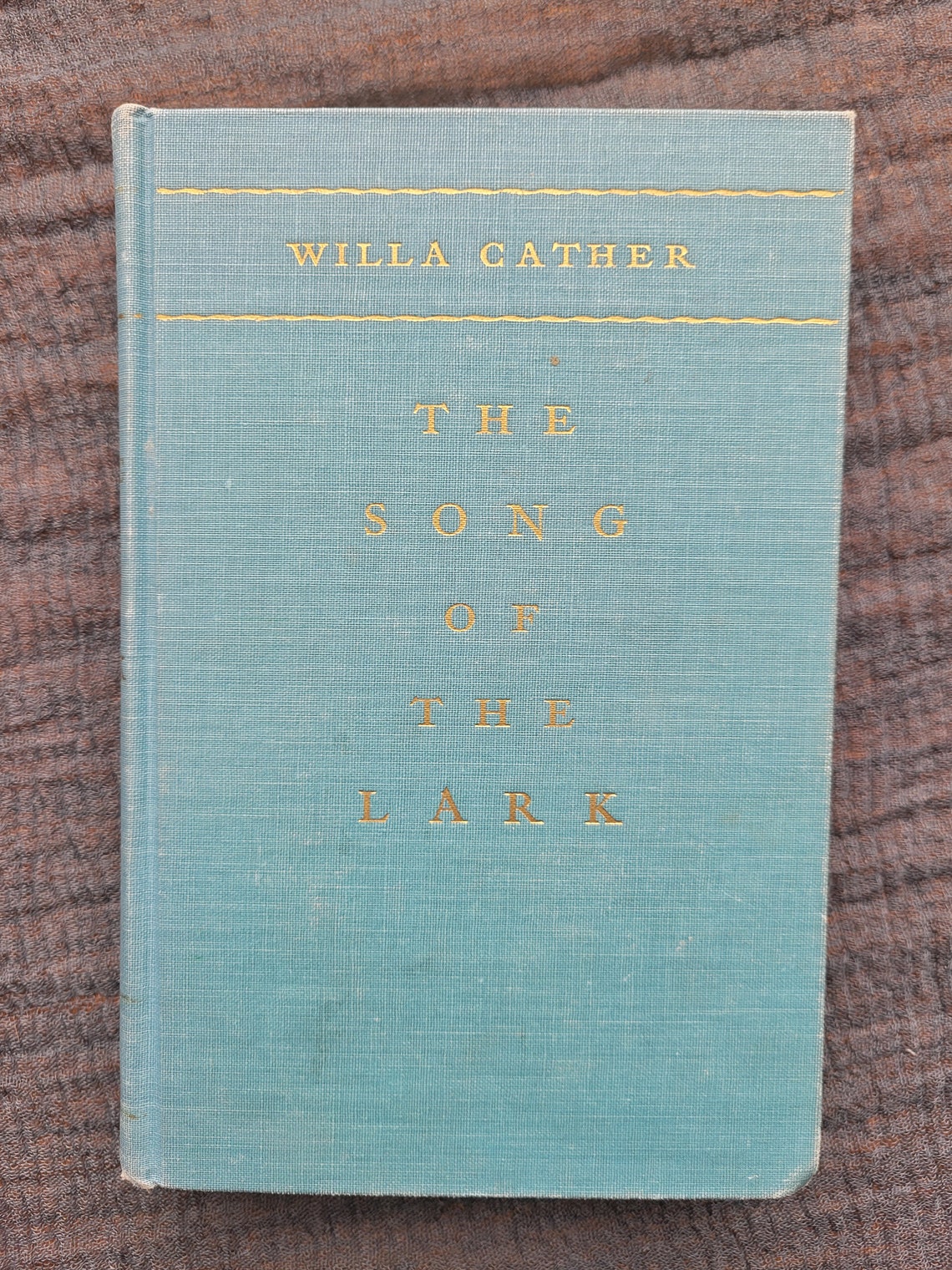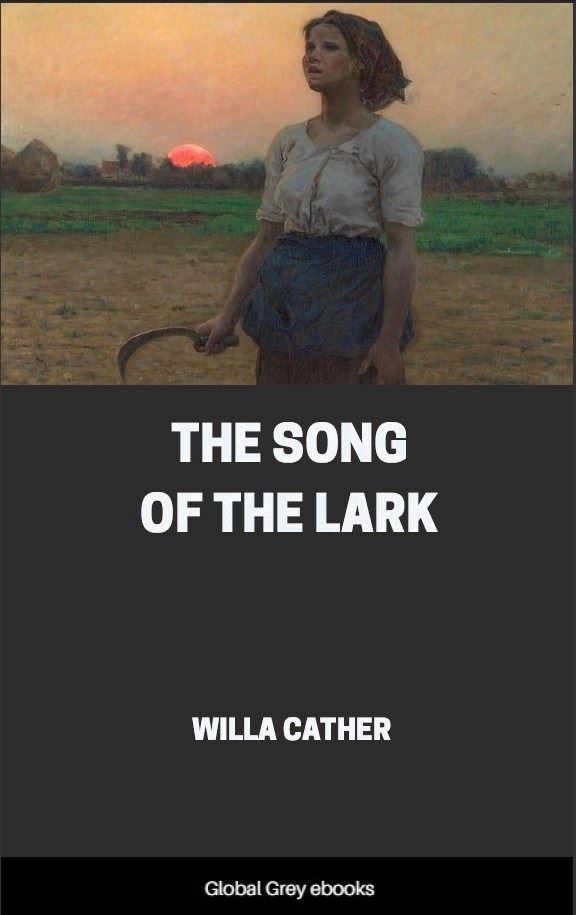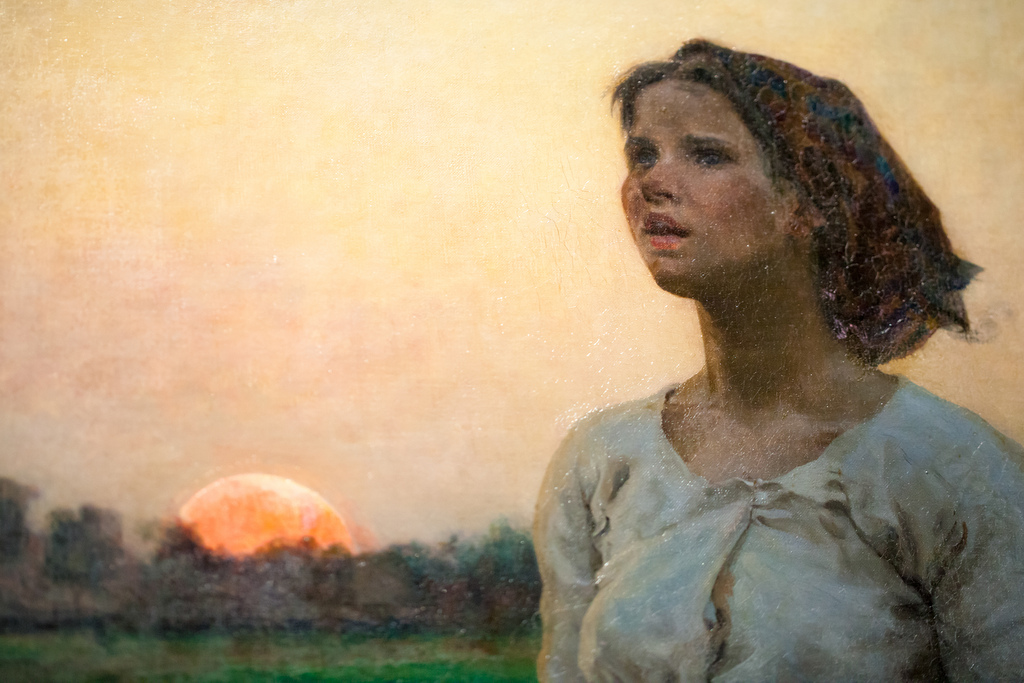


But the film's success owes much to the presence of Alison Elliott whose gravity and sensitive performance anchors the production. It carries Thea Kronborg through her formative years, not her eventual success as a singer. Perhaps this is not news to some, but it seems that it must be repeated to eventually be understood. What Cather is indicating is that artists are most often misunderstood and if they are women, even more so. At each step along the way, her realization of the mediocrity of her peers propels her to greater levels of accomplishment, but in the course of her ascent she must discard those relationships which no longer serve her.The Song of the Lark is both in the spirit and sense that Willa Cather had for all her major characters, particularly those who didn't fit into any generally recognisable mold. The novel captures Thea's independent-mindedness, her strong work ethic, and her ascent to her highest achievement. Her reference for life is always her home town and the people she encountered there. I have not come to this decision rashly." In that pursuit she travels to Dresden, then to New York City, singing operas. "your voice is worth all that you can put into it. He encourages her to pursue her vocal training instead of piano saying. When her instructor hears her voice, he realizes that this is her true artistic gift.

The ambitious young heroine, Thea Kronborg leaves her hometown to go to Chicago to fulfill her dream of becoming a well-trained pianist, a better piano teacher. Set in the 1890s in Moonstone, a fictional town in Colorado, The Song of the Lark is the self-portrait of an artist in the making. The title comes from a painting of the same name by Jules Breton in 1884 and part of the collection of the Art Institute of Chicago. Thea Kronborg grows up, learning herself, her strengths and her talent, until she reaches success. Her story is told against the backdrop of the burgeoning American West in which she was born in a town along the rail line, of fast-growing Chicago near the turn of the twentieth century, and of the audience for singers of her skills in the US compared to Europe. The book tells the story of a talented artist born in a small town in Colorado who discovers and develops her singing voice. It is generally considered to be the second novel in Cather's Prairie Trilogy, following O Pioneers (1913) and preceding My ntonia (1918).

The Song of the Lark is the third novel by American author Willa Cather.


 0 kommentar(er)
0 kommentar(er)
